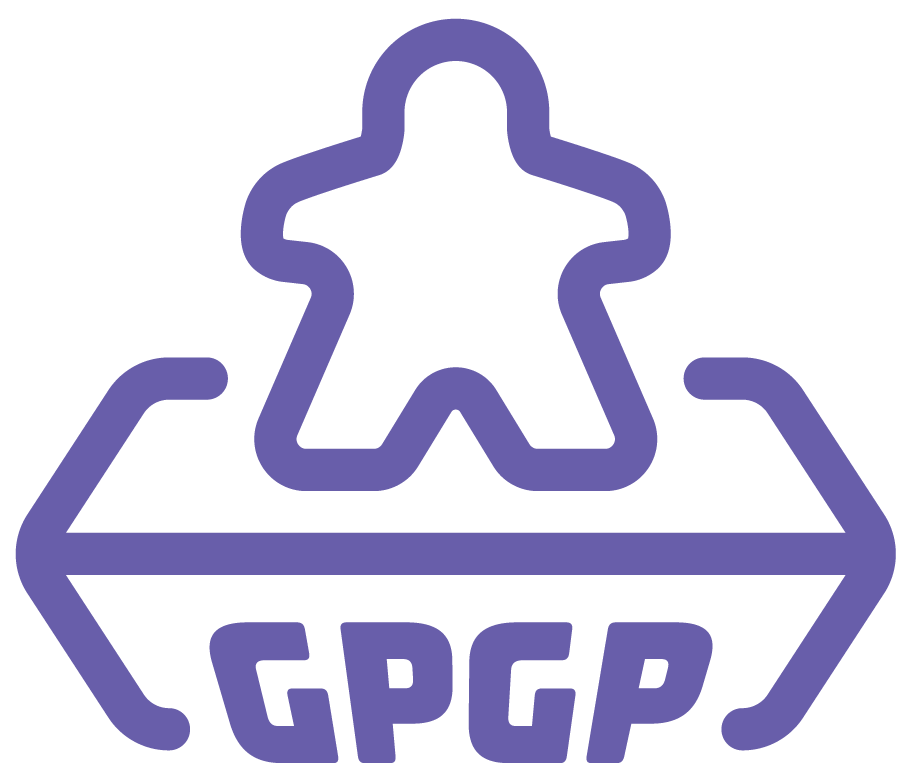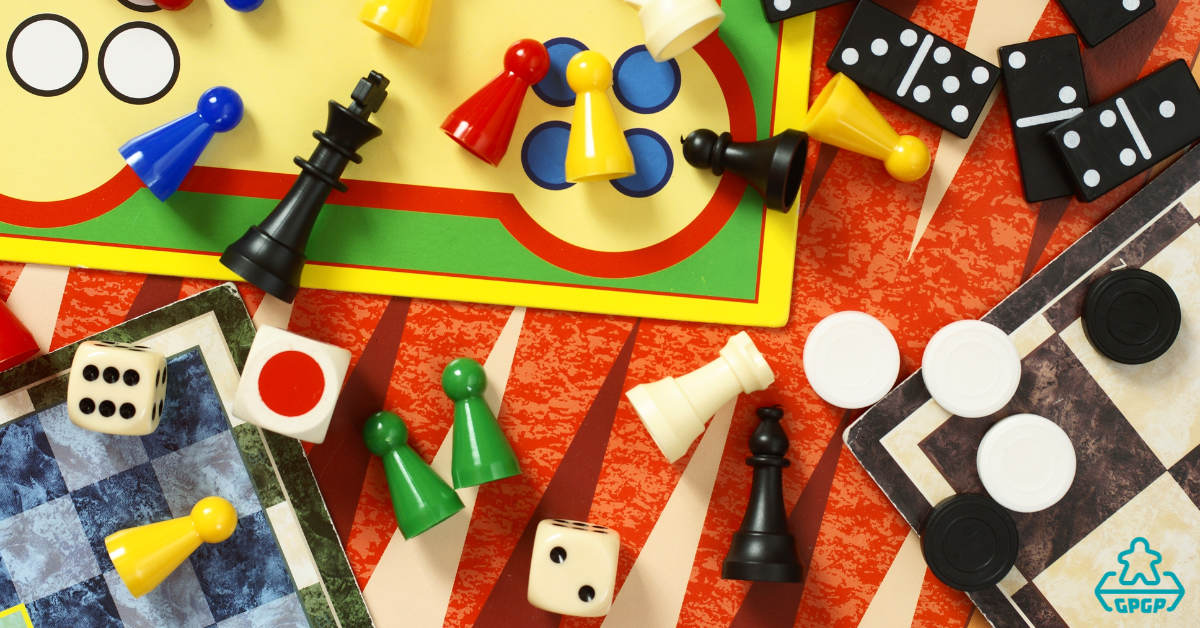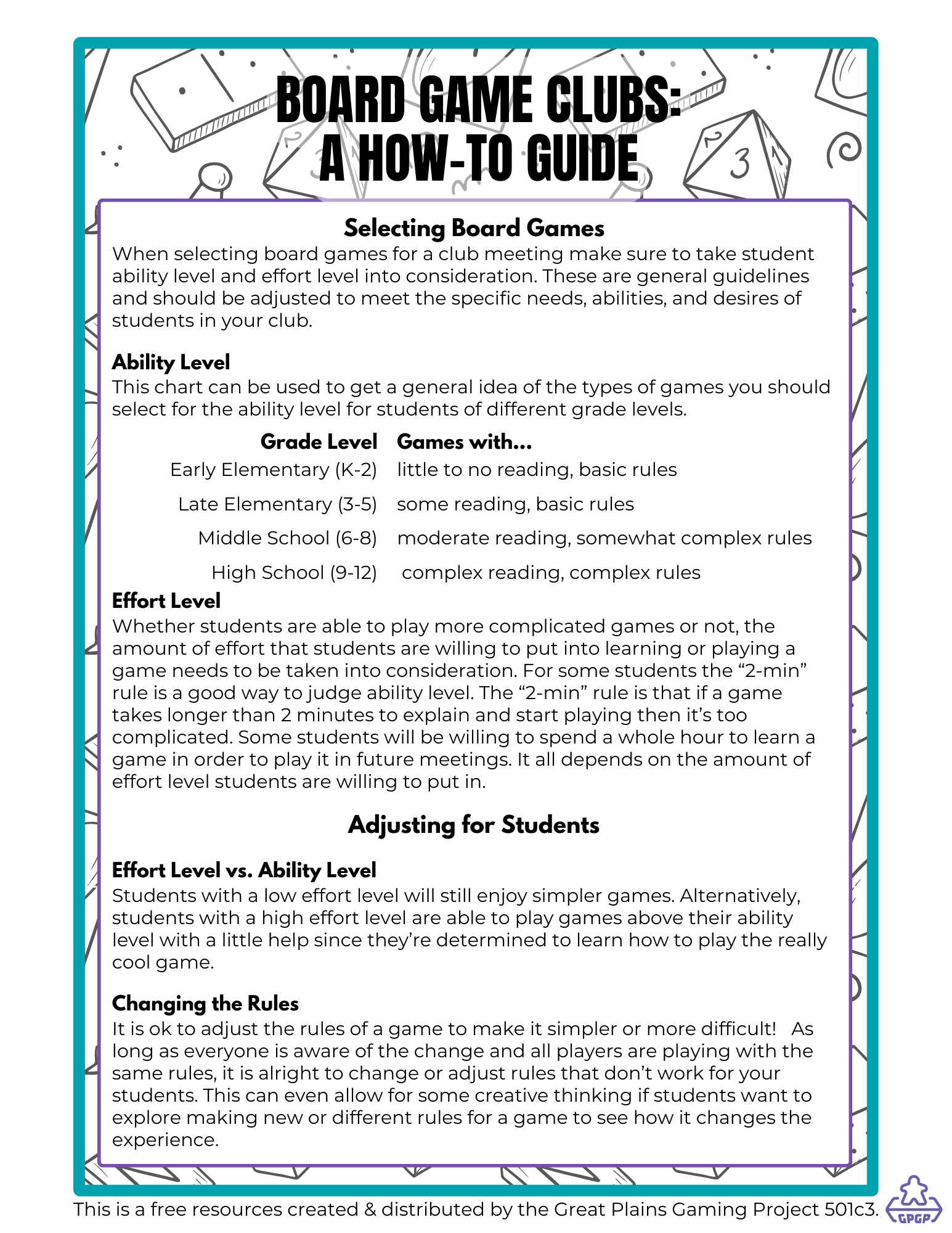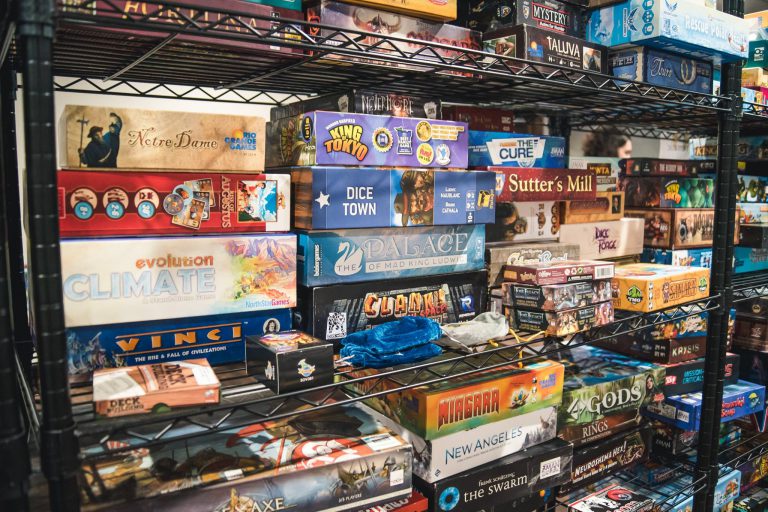There’s no denying the countless benefits of board games. From developing critical thinking and strategy to encouraging social interaction and patience, tabletop gaming will teach lessons that carry you through life. As an educator, starting a board game club at your school can be a brilliant way to bring these benefits to your students. If you want to establish such a club at your school, here’s how to start.
Identify Your Purpose and Goals
Starting a board game club without clear objectives can lead to confusion and a lack of direction. Therefore, defined goals can be a compass for your club’s activities. Here are examples of what these goals might be:
Educational Goals
Skill Enhancement: Board games can help students develop cognitive abilities like problem-solving, decision-making, and strategic thinking.
Curriculum Integration: Certain board games can complement classroom learning. For instance, games like “Timeline” can support history lessons.
Social Skills
Teamwork: Many games demand collaboration, making them great tools for teaching students about teamwork.
Conflict Management: Naturally, disagreements might arise during games. Use these instances as opportunities for teaching students about conflict resolution.
Building Connections: It can be an avenue for students to network, helping them forge new friendships.
Recreation
Relaxation: School can be stressful. Board games can offer students a much-needed break.
Cultivating Interest: It’s an opportunity to introduce students to a fun hobby they might continue outside school.
Acquire Games
This one can be a little more difficult and will depend largely on your budget and goals. Here are a few suggestions when looking to source games:
See if Your School Has a Collection
Check with your school’s resource center or library before investing in new board games. There may be wiggle room in the budget, or some older games might be stored away and forgotten, waiting for a revival. Utilizing these can save initial costs and might also bring back some classic games that can still engage students effectively.
Check Your Local Library
Many local libraries have started maintaining a collection of board games for borrowing. This can be an excellent resource, allowing you to rotate games and introduce students to a variety without immediate investment. It also fosters a connection between students and local libraries, promoting broader reading and exploration habits.
Partner with a Local Business
Local game shops or cafes often have a variety of board games. Propose a partnership where they sponsor some games or offer them at discounted rates for educational purposes. In return, they might get publicity, potential customers in the form of students and parents, and the satisfaction of supporting educational initiatives in their community.
Seek Support from a Local Non-profit
Some non-profit organizations focus on education, community development, or even specifically on board games *wink, wink* and their benefits. They might be willing to donate games, funds, or other resources. Collaborating with such organizations can also provide a platform for community events, tournaments, and fundraisers, benefiting both the school and the non-profit’s mission.

Get The Word Out
Speak with fellow teachers, administrators, and even parents. Their support can be invaluable, whether it’s in terms of resources, time, or promoting the club to students. Also, gauge the interest level among students. This can help you anticipate the number of members and the types of games that might be popular. Use school announcements, newsletters, social media, and word-of-mouth to attract members. Highlight the benefits of board games and create a welcoming environment for all skill levels.
Here are some resources you can use to get started:
Benefits of Board Gaming | Flyer for Parents *(Google Doc)
Board Gaming Flyer | for Students **(Canva)
Establish Board Game Club Rules

Laying out clear guidelines ensures the smooth operation of the club and an enjoyable experience for all members. Here are our rule recommendations and what they mean:
Board Game Club Rules
Respect All Games: Treat every game with care. Remember, they’re shared resources for everyone in the club. Ensure drinks and snacks are placed securely to avoid spills on games.
Game Setup and Clean-Up Is Your Responsibility: Players are responsible for setting up their game and ensuring it is returned to its original state after playing. Always return games to their designated storage space and report any lost or damaged pieces.
Be a Good Sport: Cheating is not tolerated. We play to have fun and learn, not just to win. Always respect the rules of the game. If there are disputes, refer to the game manual or designate a neutral referee.
Be Considerate of Others: No taunting, teasing, or negative comments. Celebrate good plays, whether they’re yours or an opponent’s. Respect other players’ decisions and strategies. It’s a learning environment for everyone.
No Outside Distractions: Respect everyone’s time and turn off or mute cell phones during game sessions to ensure everyone is focused and present. Avoid unrelated discussions when it’s someone else’s turn to keep the game moving smoothly.
Everyone is Welcome: We welcome all students, regardless of their gaming experience. Everyone starts somewhere!
Experienced players are encouraged to assist newcomers.
Feedback Welcomed: Constructive feedback on club operations, game selections, and other matters is always encouraged. Remember to communicate suggestions respectfully.
It’s Time to Play Games!
Starting a board game club at school can be an enriching experience for both educators and students. It provides a unique platform for learning, socialization, and relaxation. You can create a thriving and enjoyable board game community by following the above steps and always keeping your students’ interests at heart.
Thinking of Starting a Board Game Club?
Register with the Great Plains Gaming Project to get notified when we have new educator resources (like this article), learn about our upcoming education initiatives, and hear about exclusive opportunities for your club!
Link Notes:
*This is a viewable Google Doc. You can either go to ‘File’ in the top left corner to ‘Download’ or simply copy the text to make edits.
**This is a viewable Canva project. You can go to File in the top left corner to ‘Make a copy’ to make edits. This does require a Canva account.




